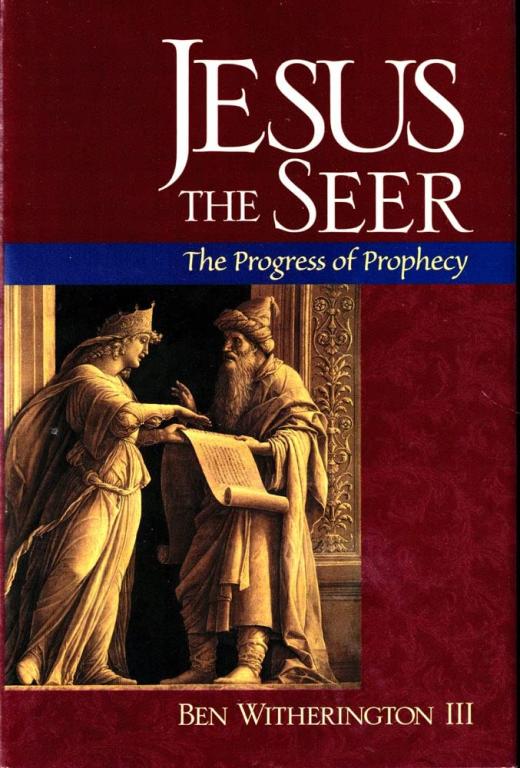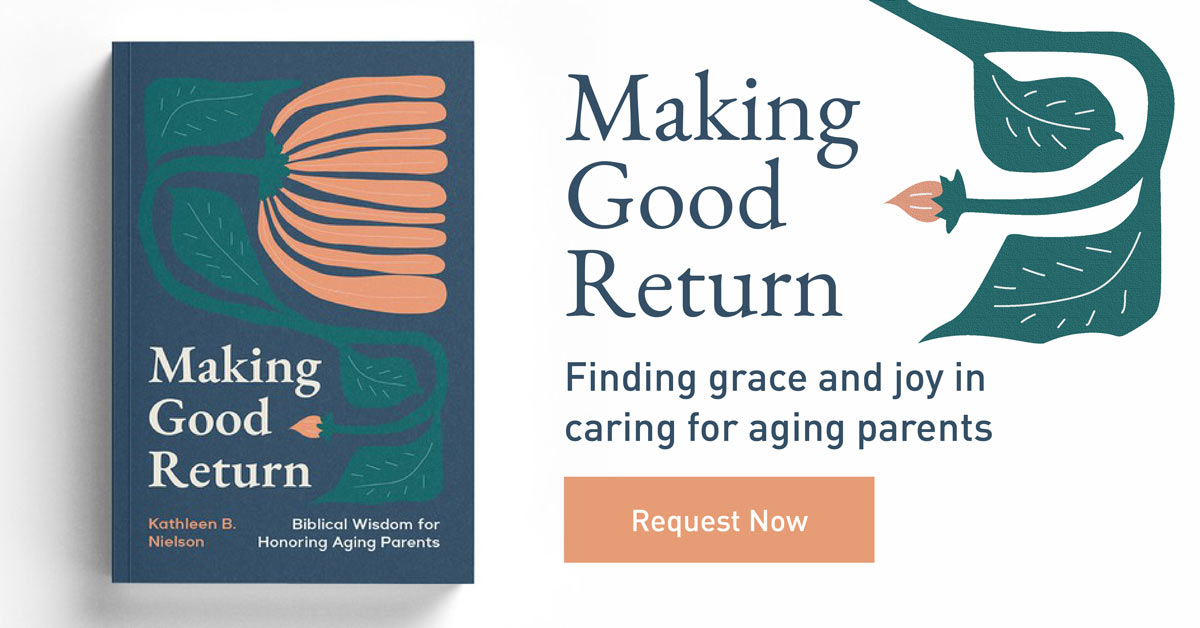The Changing World of Christian Publishing 2025-08-29T10:52:47-04:00 Ben Witherington
I was having a chat with a good friend who has spent much of his career as an editor for various Christian publishing houses. While I had noticed that some things were changing, I had not fully realize how much that was the case for Christian publishing. So I asked my friend— why? Why were things so different now compared to say 15-20 years ago. His answer surprised me— COVID 19 was a game changer for Christian publishing. How so?
Well for one thing there was more than a year when there were no major in person conferences like the annual SBL meeting, or the ETS meeting, or the Catholic Biblical meeting, or the SNTS meeting, and I could go on. Why were these meetings so important to selling of Christian books— it is where the publishers meet the gatekeepers, the scholars who decided which books will become textbooks for courses, or highly recommended. Some publishers, especially at the big SBL meeting were able to sell hundreds of books to scholars, who in turn read them or used them in classes. With not conferences, there was no browsing, no asking questions, no taking of recommendations. And one must also remember that because of Amazon, today there are almost NO Christian bookstores that sell books like the one pictured above. Instead they major in Christian romance novels, devotional materials, Bibles, and nicknacks.
But a second thing that has changed the situation is the decline of mainline denominations and their presses. Notice how Westminster merged with John Knox, or Fortress and Augsburg got together, or even Zondervan and Harper Collins. Yes there are still some Evangelical publishers like Eerdmans, or Baker, or InterVarsity that have not died, and some denominational publishers, particularly those that serve Southern Baptists, are hanging in there. But the prospects don’t look promising what with shrinking numbers of attendees even in more conservative churches. But all of these have been both hurt, and helped by Amazon. It is Amazon that has in effect killed Christian bookstores, but at the same time Amazon has made many Christian books more readily available and quickly, sometimes even overnight.
There is another factor, namely the rise of relatively recent publishers, like Lexham Press, or to some extent Wipf and Stock. Especially the latter has a different model and philosophy of operation. Wipf and Stock casts its net more broadly, but sells fewer of most titles. Also advertising has gone almost entirely online, and sales direct from the publishers has partially been eclipsed by Amazon.
And what about the University Presses? Cambridge and Oxford are still selling religious books, but increasingly they have recruited outside reviewers, and stricter standards of what they will publish. This is also even true with Baylor University Press. Yes, there are presses that have dissertation series, but mainly these are overseas publishers like Brill, or J.C.B. Mohr, or DeGruyter, and the cost of such monographs are often putting my doctoral students into sticker shock! And finally there is also self-publishing, something I do not recommend. It does not tend to involve peer review or external review of the worth and scholarly merit of the manuscript. But here too, there are exceptions.
The net result of all this, is one can expect that it will become increasingly difficult to get your manuscript published by almost any of the aforementioned publishers. Notice I said almost. Because of Wipf and Stock’s approach they tend to publish a huge array of titles, but they don’t expect most of them to become bestsellers, and one should not expect vast sales much less vast royalties.
Gone are the days for the vast majority of Biblical scholars, that one could expect or hope for a significant advance on royalties. When Hershel Shanks and I published the book The Brother of Jesus. (in 2 editions) about the James ossuary as the 21rst century dawned, there was a $100,000 advance, the majority of which went to the Biblical Archaeology Society, and the book indeed made the NY Times bestseller list. But how that happened is a story for another day. As most of my readers will know, in any given year, the best selling book of any sort is some version of the Bible, but it is never on those best-seller lists.
So that conversation I had with my friend was very sobering, even for a person like me who has published over 60 books, and is a general editor for a major commentary series with Cambridge. I’m apt to hum a few lines from Bob Dylan at this point–
“Come writers and critics
Who prophesize with your pen
And keep your eyes wide
The chance won’t come again
And don’t speak too soon
For the wheel’s still in spin
And there’s no tellin’ who that it’s namin’
For the loser now
Will be later to win
For the times they are a-changin'”
Bob always was a pretty good seer…. but not as good as the one on the cover of the book above.











 English (US) ·
English (US) ·